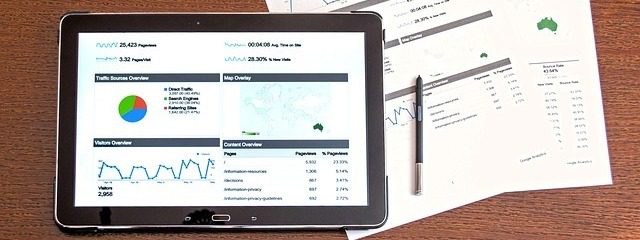
08 Mar SEO vs SEM? Which do you spend on? Just the one or both?
What is SEO?
Search Engine Optimisation is defined in the Oxford dictionary as “the process of maximising the number of visitors to a particular website by ensuring that the site appears high on the list of results returned by a search engine.”
SEO can be complicated and is forever changing.
Google constantly updates their search engine algorithm to improve overall quality of the results returned to the user & prevent spam. What works now, does not necessarily guarantee success in the future. Thus making SEO an ongoing process to ensure the site is as future proof as possible.
Does SEM / PPC help SEO?
Let me be clear. Running a PPC campaign does not help you rank for SEO. They are completely separate channels which have no bearing on one another ranking.
They do however help boost a brands presence when both results appear on a page. Not only pushing down competitor results, but also gaining higher CTR and click volumes as a result of fewer brands competing on the same page.
PPC can help assist with learnings for SEO and vice versa. Through uncovering little nuggets of keyword insights which may drive strong engagement on site or even conversion. This information can be transferred across to the respective search channel to add to a new campaign with high converting organic terms or to focus content pieces on the website which you may not rank well for currently.
So can PPC hurt SEO?
In the argument of cannibalisation of SEO from paid search campaigns, it has been found that having PPC and SEO results on the same page can eat into each other’s performance. Generally having 2 results isn’t a bad thing as overall you would end up with more traffic with 2 results as opposed to 1 because you essentially have one less competitor.
There is an easy way to check this by using the Google Adwords “Paid & Organic Report”. Advertisers can now link their Google Search Console account to provide insights on the relationship between PPC and SEO for your website identifying any wasted ad spend where your results may overlap.

From the report insights can be gained on the following:
- Search Cannibalisation – test using lower CPCs where both paid and organic results appear or boost your paid search positioning when no organic result is present
- Impression share – By analysing “both shown” keywords, you may have a large number of queries with little to no clicks. In this case you may have a gap that you can fill on site and with paid traffic.
- Keyword research – Also using impression share you will be able to uncover terms which one channel may be missing altogether.
Focus on both!
Our recommendation is to focus on both SEM & SEO as eluded to in one of our earlier posts on Spending money on SEM. Your website needs to constantly be growing and increasing in content breadth to help to drive additional traffic. While you work on organic, especially for keywords with no results PPC is a no-brainer. But in the instance where both paid and organic results appear you can use tools to identify areas where there an is overlap and conduct testing to maximise click share, conversion and revenue with the ideal spend and let them work in harmony.
If you have any more questions, email us at [email protected] for more information



No Comments